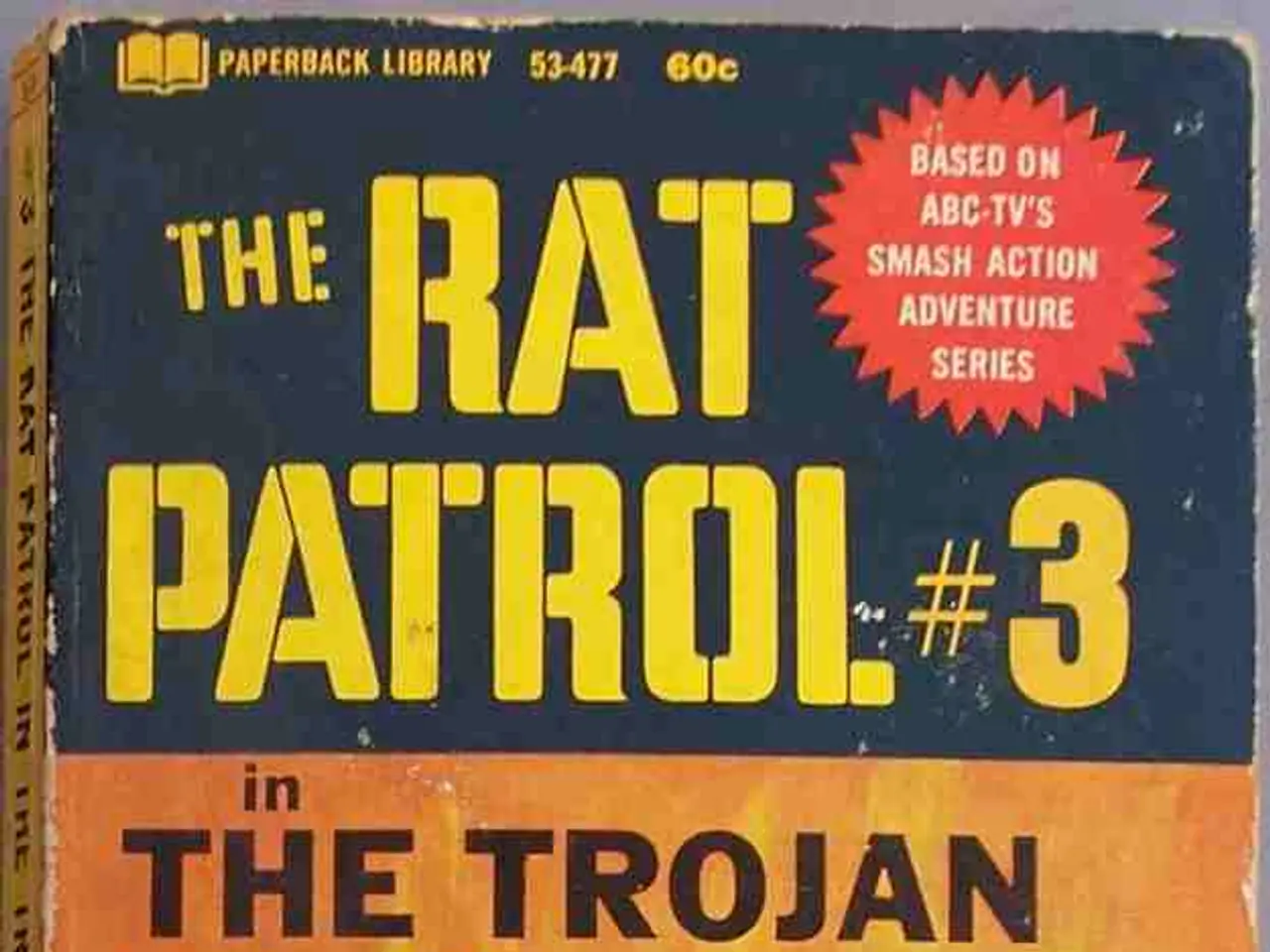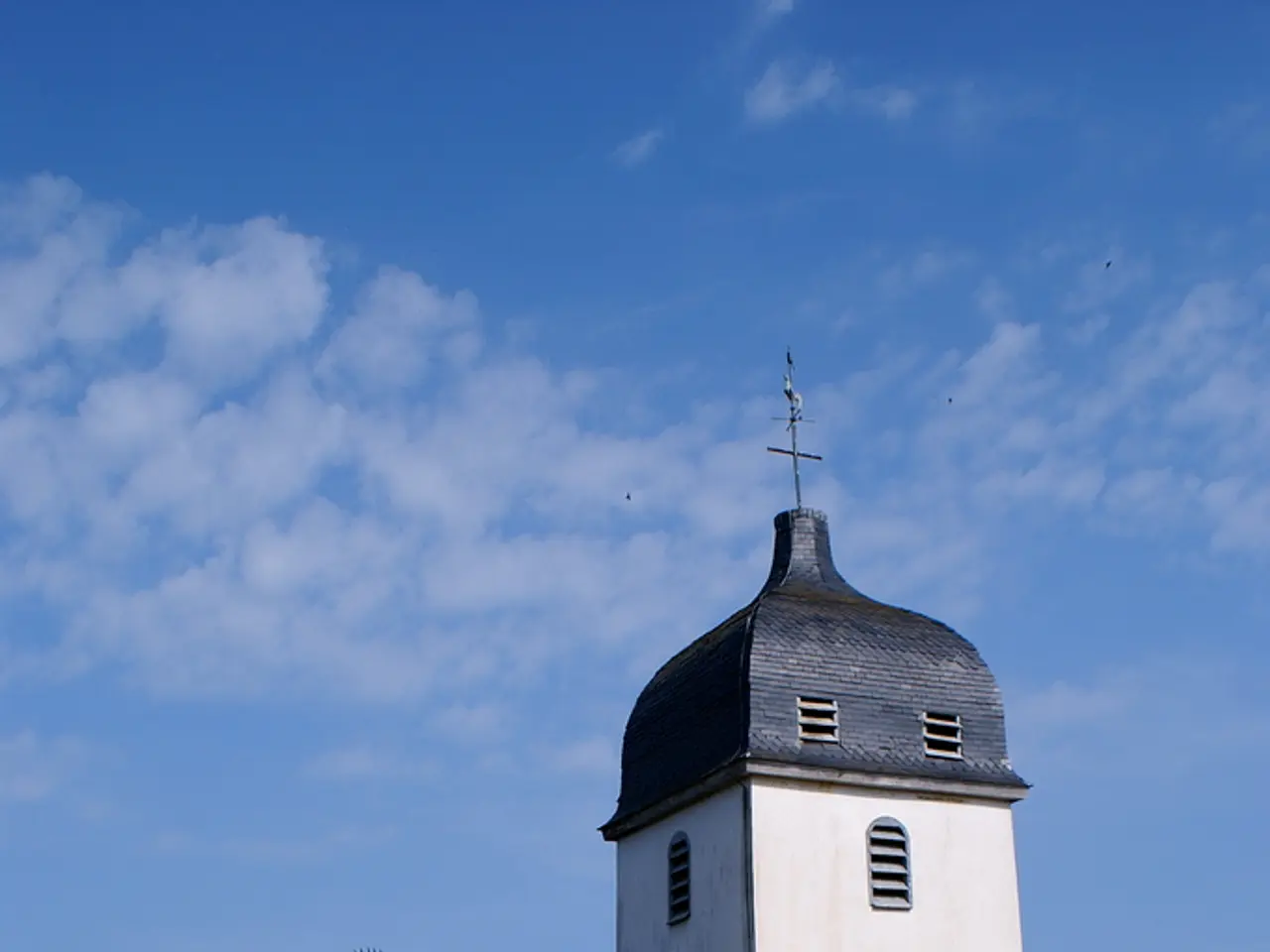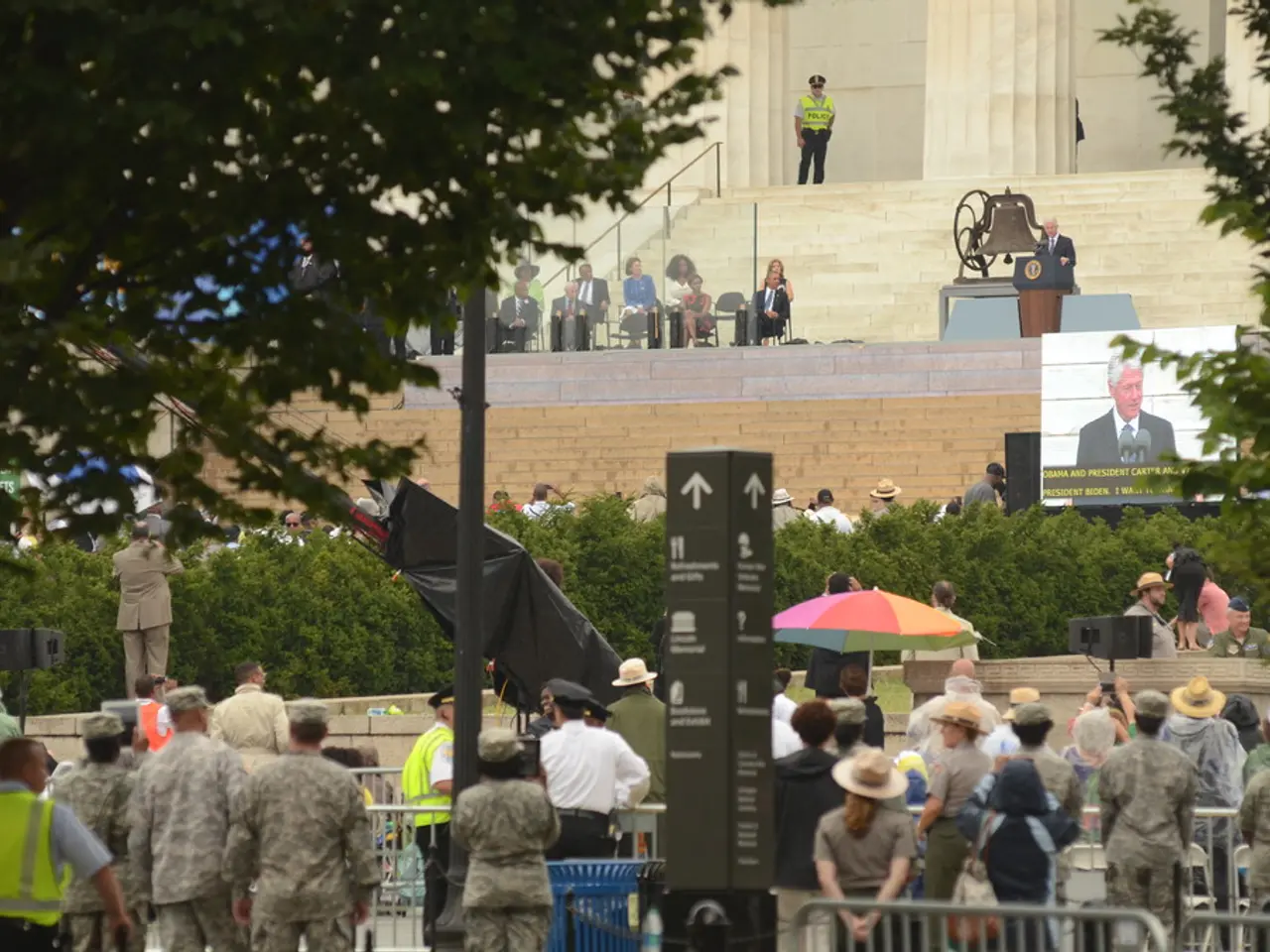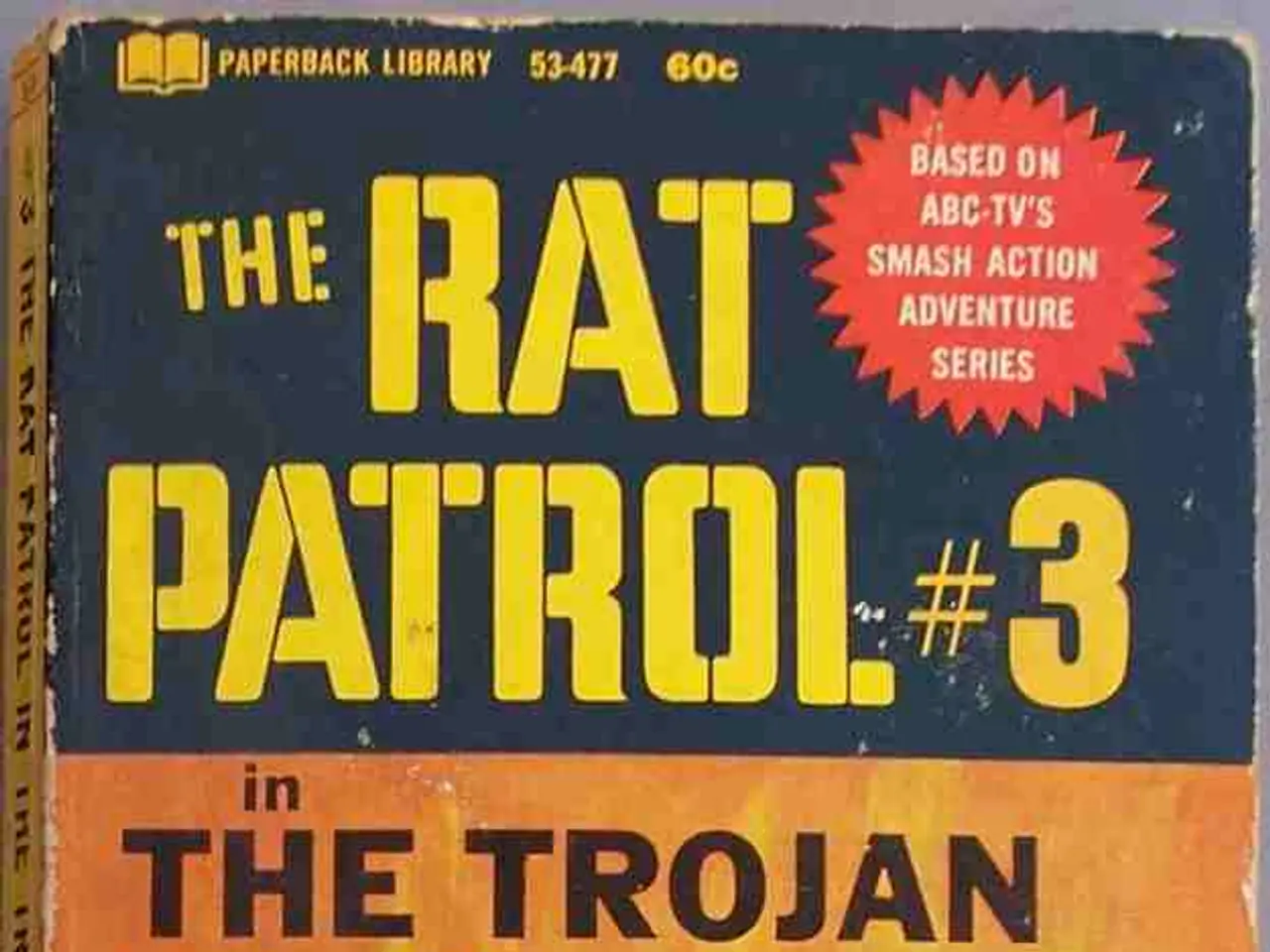Delhi High Court Dismisses Cases Against Indian Citizens for Providing Accommodation to Tablighi Jamaat Members During COVID-19 Pandemic
In a significant development, the Delhi High Court has quashed all charges against more than 50 Indian nationals linked to the Tablighi Jamaat, who were accused of spreading COVID-19. The verdict, pronounced by Justice Neena Bansal Krishna, comes after a series of court proceedings that began in early April 2020.
The controversy erupted when the Tablighi Jamaat was accused of exacerbating the COVID-19 crisis in India. Several political leaders blamed the Jamaat for worsening the pandemic, and the government blacklisted over 950 foreign nationals for allegedly violating emergency protocols by attending a congregation at the group's markaz (headquarters) in Delhi.
The basis for the court's decision involved several key considerations. The court primarily focused on the argument that the prohibitory orders issued during the COVID-19 pandemic only prohibited religious congregations and gatherings, not providing shelter to individuals. The petitioners, represented by Advocate Ashima Mandla, maintained that they had only provided shelter to the attendees of the Tablighi Jamaat congregation, which did not violate the prohibitory orders aimed at preventing large gatherings.
Initially, the Delhi Police opposed the quashing of charges, stating that the Indian nationals had defied the orders and contributed to the spread of COVID-19. However, the court found these claims insufficient to uphold the charges, as the detailed order would clarify the legal and factual reasoning behind quashing the charges.
The Delhi Police's Crime Branch had registered an FIR under Section 3 of the Epidemic Diseases Act, 1897, and IPC Sections 188, 269, 270, 271, and 120-B, along with provisions of the Disaster Management Act, 2005. The 70 Indians were booked under various sections of the Indian Penal Code (IPC), including criminal conspiracy, for allegedly sheltering foreign nationals in mosques across Delhi between March 24 and March 30, 2020.
However, in several instances, magistrate courts refused to take cognisance, citing the principle of double jeopardy. The court set aside proceedings in 16 FIRs, including chargesheets filed in those cases. Of the 955 foreign nationals, 911 individuals accepted plea bargains in magistrate courts.
The active COVID-19 tally in India, as reported by Archana Jyoti, currently stands at 6,491. The magistrate court took cognisance of the chargesheet in the Chandni Mahal case against Indian nationals, while 28 more FIRs were filed across various police stations in Delhi, including one at Chandni Mahal, against 193 Indian and foreign nationals on similar charges.
The Delhi Police stated that the accused local residents sheltered the attendees who had come to Nizamuddin Markaz in violation of the prohibitory orders on movement to contain the spread of COVID-19. Most chargesheets in the case did not list 195 initially named foreign nationals as accused.
This decision by the Delhi High Court is expected to bring some relief to the accused Indians and their families, who have been embroiled in this controversy for over a year. The court's verdict underscores the importance of due process and the principle of innocent until proven guilty in the Indian legal system.
Sports enthusiasts may find it beneficial to prioritize their health during the ongoing COVID-19 pandemic, especially with outdoor activities. However, political discussions continue to revolve around the Tablighi Jamaat controversy, following a court ruling that quashed charges against Indian nationals linked to the Tablighi Jamaat. Health authorities also advise following general news updates regarding the COVID-19 situation, as crime-and-justice reporting highlights ongoing investigations related to the Jamaat's alleged violation of emergency protocols.




